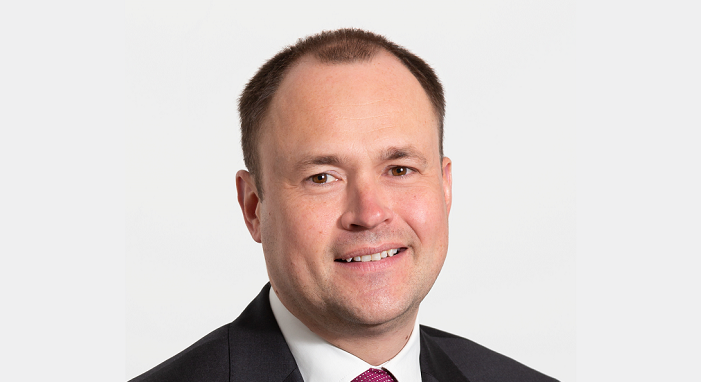The majority of independent healthcare providers are positive about the private medical insurance (PMI) market’s prospects for the coming year.
Findings from the Independent Healthcare Providers Network’s (IHPN) Industry Barometer 2022 revealed that 55% of providers were positive or very positive about the market for insured patients.
With 41% feeling neutral, it meant only 4% said they had a negative view of the insured market.
In terms of the greatest opportunities for growth in private healthcare over the next five years, 87% said this would come through self-pay, 20% company schemes, 37% PMI and 10% specialist insurance schemes aimed at over six week wait times or over 55s for example.
This buoyancy in the self-pay market was further evident with 88% of providers either positive or very positive about the private self-pay market in 2023.
“Respondent comments suggest that the rising demand in the domestic self-pay market is fuelled by ever growing NHS waiting lists for elective care,” the report noted.
“Similarly, when it comes to the PMI funded market, this is an area that offers real potential growth, although providers are keen to balance this with their work to support the NHS in clearing the backlog.”
The research follows on from a poll commissioned by IHPN earlier this year which showed almost half of people (48%) would consider paying privately for care if they needed treatment in the next 12 months.
The latest data from the Private Healthcare Information Network (PHIN) also showed the number of patients self-paying for private acute care has increased by more than a third since pre-pandemic, with a 193% rise in self-pay for hip replacements, and a 56% rise for cataracts.
NHS caution
There was caution from the sector around the current market for NHS funded services with in 10 providers (59%) saying they “do not feel part” of their local NHS system.
However, the report also pointed to significant enthusiasm from the sector to provide greater support to the NHS and to help it tackle the growing pressure it faces as almost half of providers (47%) see their NHS market as the biggest area of growth in the coming year.
On upcoming challenges, eight in 10 independent providers cited staffing pressures this as their biggest challenge (80%) along with inflationary pressures (63%) and integrated systems of care in the NHS (40%).
In response, almost three-quarters (73%) were aiming to grow their own staff in the coming year through increased use of apprenticeships, training and development, and two-thirds (65%) were prioritising employee support and wellbeing.
Almost all providers (96%) were expecting to increase staff training in the coming year to aid recruitment and retention.
Touching on the current cost of living crisis, almost two thirds (63%) of providers cited inflationary pressures as a key challenge for their business.
More than half of respondents (54%) felt this impact most heavily in terms of pressure on wages, followed by prices for services not keeping up with inflation (42%). However, no respondents reported that these cost pressures were resulting in declining consumer confidence.
Net zero goals
Following the launch of last year’s IHPN’s industry-wide commitment to achieve net zero by 2035, seven in 10 providers also reported being confident or reasonably confident that their organisation will meet this ambitious target.
IHPN added that over the coming year, it will continue to provide support and subject matter expertise to all providers including the 30% who are either not sure or not very confident to help them to achieve their organisational ambitions.
David Hare, chief executive of the IHPN, (pictured) said: “This year’s industry barometer shows the real sense of optimism within the independent healthcare sector, with demand for the high-quality services it provides expected to rise significantly in the coming year – particularly among private patients.
“While the sector remains fully committed to playing its role in the wider NHS recovery – and see this market as a key prospect for growth – providers are reporting real concerns around the establishment of NHS Integrated Care Systems (ICS), which independent providers are saying that they feel excluded from despite the sector playing a key role in frontline NHS service delivery.“
He noted that given the scale of the challenge in tackling the current backlog of NHS care, it was vital all avenues were pursued with a key role set out for independent providers.
“We’re therefore urging the NHS to ‘help us, help you’ and ensure the sector can play its full part in improving patient access to care in the coming months and years,” he added.
